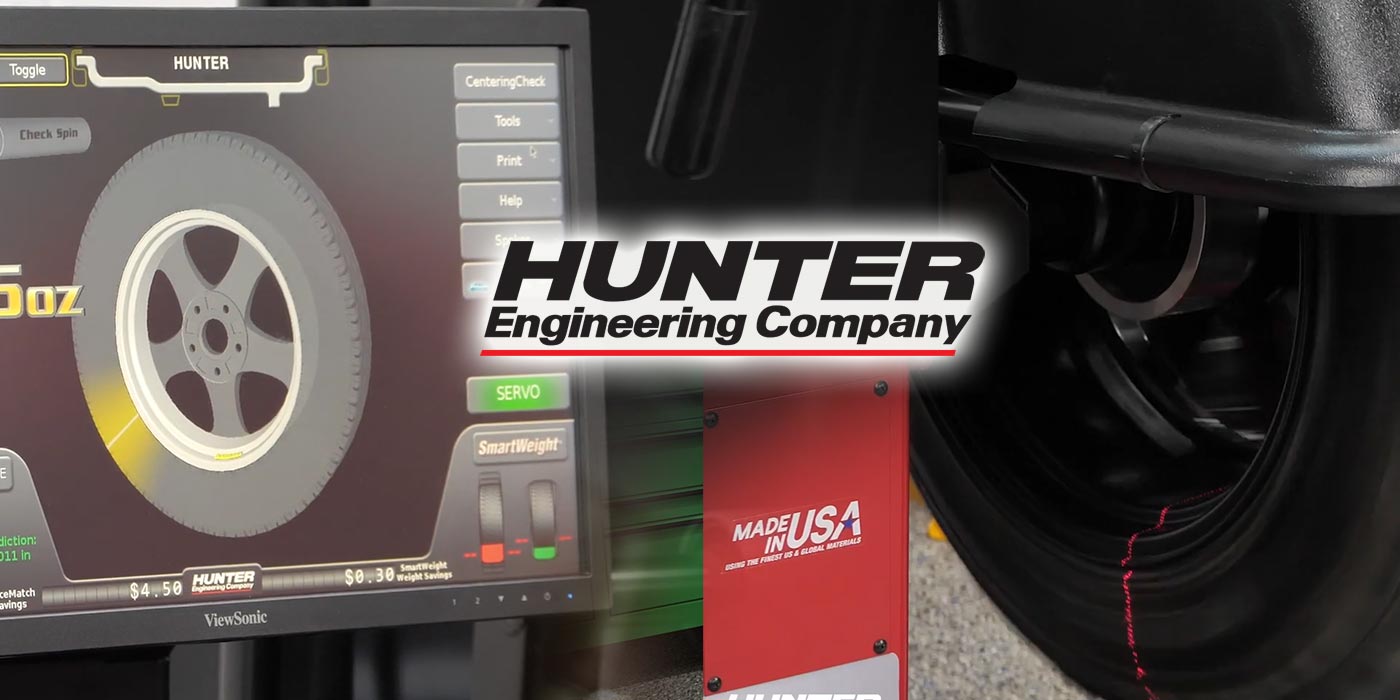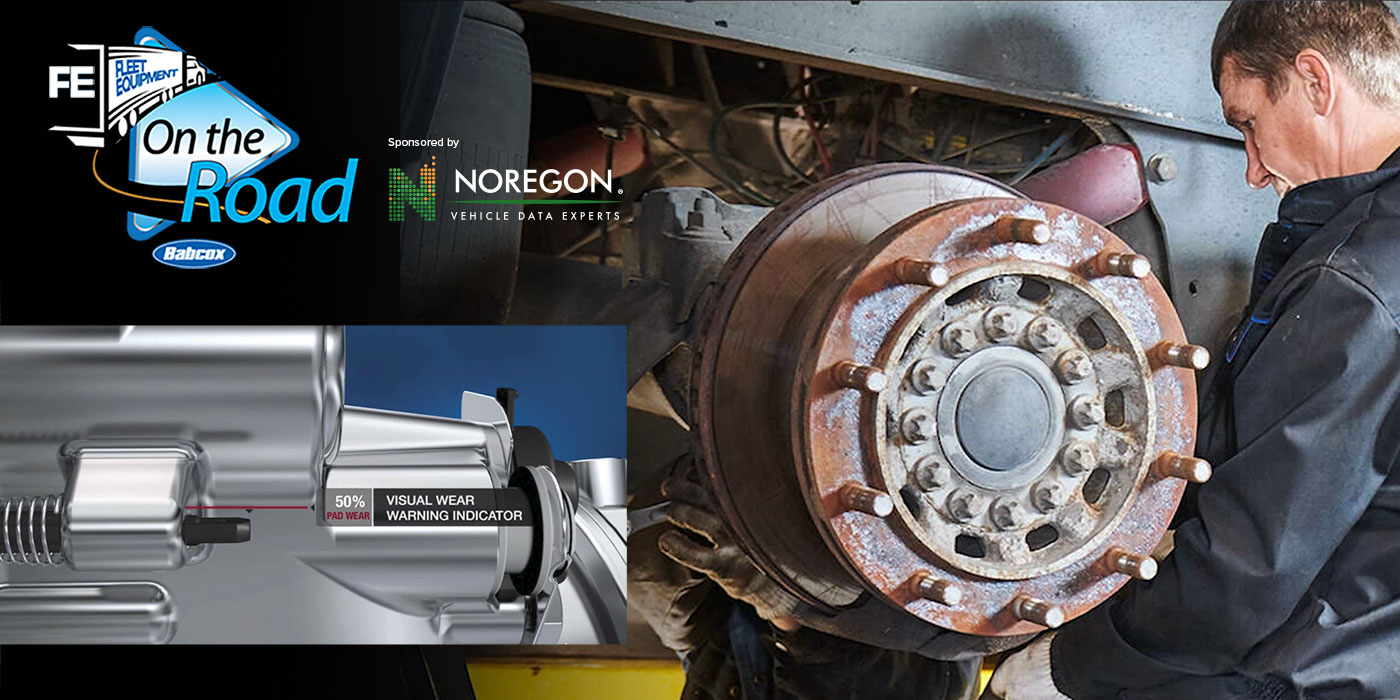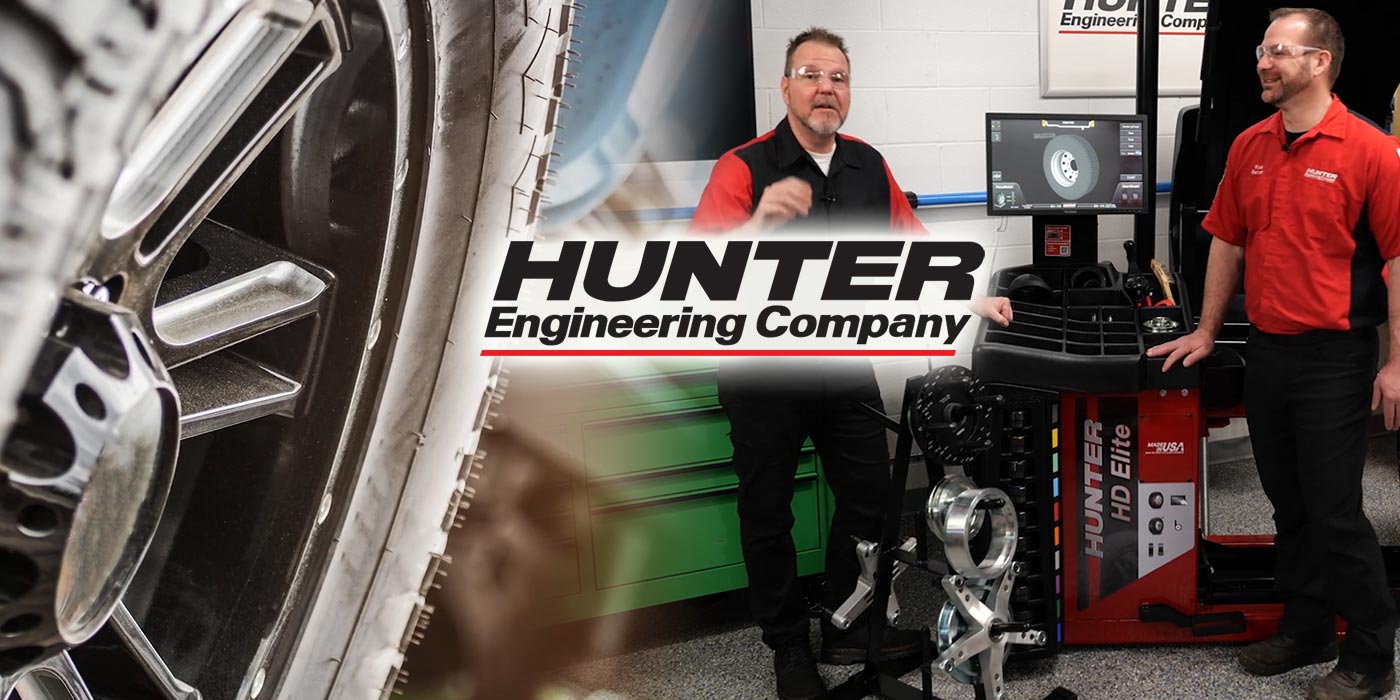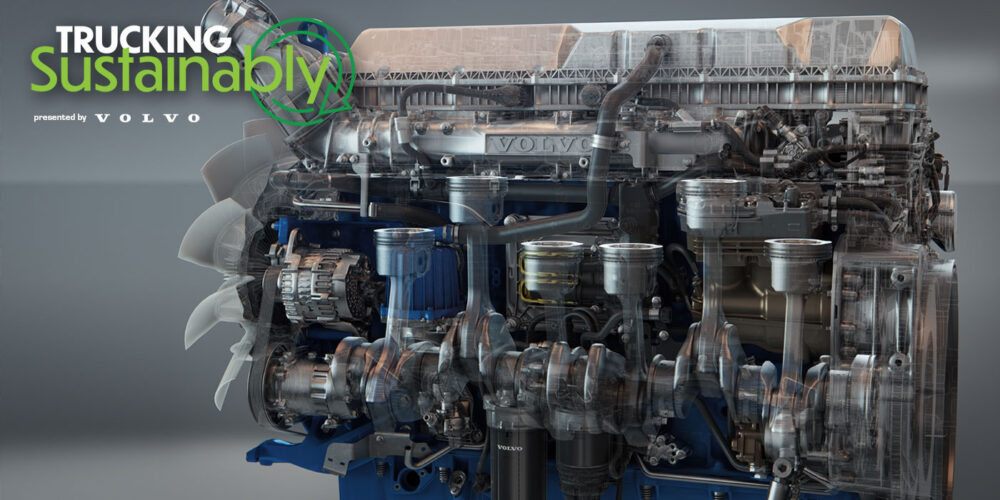Sometimes alternators can get a bad rap, as some fleets have found themselves replacing more of them on their trucks than seems reasonable.
Click here to watch more of FE’s On the Road video series.
Here is a transcript of the video:
The strange thing is, most of today’s alternators are more durable and generally last longer than ever before. So what seems to be the reason so many alternators are failing?
Well, you might expect a simple answer—something like belt slips from a faulty belt tensioner, or exposure to corrosive materials like road salts. And you wouldn’t be wrong; alternators can stop working due to these factors, but there’s another answer that is equally correct, in its own way…
Experts in the alternator and battery industry have noticed a high rate of return on products that have been determined in the field to be defective, but once it comes back to the warranty department, they run a controlled test and it’s deemed to be okay—and that indicates a misdiagnosis in the field.
So why is the alternator so misunderstood, and how can you know you aren’t prematurely tossing your quality equipment to the junkyard, or, into the sea?
Well, consider the truck’s electrical system as a whole for a moment. The alternator’s function is to supply power to the entire electrical system; the cable’s job is to deliver that power to various components; and the battery’s job is to store power and manage the electrical loads, protecting against electrical spikes and surges.
When there’s a voltage issue, inexperienced or rushed technicians might want to point the finger at the alternator, especially if that technician is basing their diagnosis on voltage alone. Instead, that technician really needs to measure voltage and amperage to truly diagnose whether it’s an alternator issue. If you have high resistance in the cable, it’s a common thing for the technician to overlook, because it’s easier to change an alternator or change the battery.
It’s extremely important to realize that the components in a truck’s charging system interact with each other as an electrical unit. It’s all for one and one for all under that hood. So when diagnosing an issue within this unit, always check on every component of the electrical system with every inspection, keeping in mind that an issue with one part can affect the rest of the components in the system.
Erratic voltage readings and frequent battery charging can cause alternator issues, but you should always check cables first when diagnosing. In addition to regular cleaning, batteries and related heavy cables should be inspected and tested for optimum performance. You can clean and coat electrical connections with anti-corrosion dielectric materials to help prevent corrosion.













